AFTER LAUNCHING HER ACTING CAREER ON THE STAGE IN 1990, THE AUSSIE ACTRESS MADE THE SUCCESSFUL TRANSITION TO THE SILVER SCREEN, PICKING UP TWO OSCAR WINS OVER HER 30-YEAR FILM CAREER. THIS SPRING, SHE’S JOINING FORCES WITH DIRECTOR STEVEN SODERBERGH ONCE AGAIN IN THE SPY THRILLER BLACK BAG, WHILE RETURNING TO HER THESPIAN ROOTS IN THE RADICAL ADAPTATION OF ANTON CHEKHOV’S THE SEAGULL IN LONDON
BY WILL HARRIS
Many actors get their start in the theater, but not every actor can afford to maintain their love of treading the boards while still paying their mortgage. For those who find it difficult to find a balance between working in front of the camera and on the stage, consider Cate Blanchett to be your shining star: the Australian got her start playing the titular character in a 1990 production of Electra by the National Institute of Dramatic Art in Sydney, and as of this writing, she’s in the midst of playing Arkadina in Anton Chekhov’s The Seagull at the Barbican in London. Between those two poles are numerous other stage performances, including a Tony-nominated turn in another Chekhov adaptation, The Present, in 2017.
As it happens, this performance of The Seagull at the Barbican isn’t her first time tackling the play: she was in a 1997 production at the Belvoir Street Theater in Surry Hills, Australia, playing the role of Nina at the time and worrying that she wouldn’t be able to pull off the necessary heartbreak of the role because she was engaged to marry her fiancé, Andrew Upton, and was perhaps the happiest she’d ever been. Fortunately, she was able to make both the play and the relationship work: she and Upton remain married to this day.
Born in the Melbourne suburb of Ivanhoe, Australia, Blanchett didn’t really explore her passion for the arts until making her way to Methodist Ladies’ College in Melbourne, making her stage debut opposite Geoffrey Rush in a 1992 production of David Mamet’s Oleanna for the Sydney Theater Company. Funnily enough, she’d actually made her film debut two years prior, serving as an extra in the Egyptian film Kaboria, playing of all things an American cheer leader.
When brought up during an interview with BBC Cinematic, Blanchett blamed having taken the job on “traveling in Egypt and I didn’t have any money,” adding, “They promised falafel, and they didn’t deliver, and so I left.”
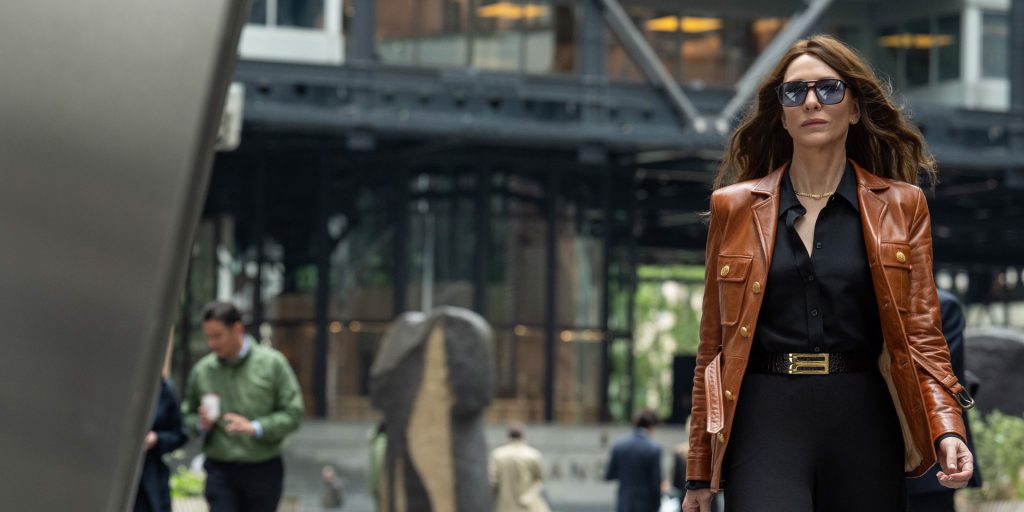
After spending much of the early ‘90s doing a mixture of theater and Australian TV appearances, Blanchett made her film debut in Bruce Beresford’s 1997 World War II period piece Paradise Road, in a supporting role opposite stars Glenn Close and Frances McDormand. Later that year, she kicked things up a notch, securing her first leading role alongside Ralph Fiennes in Oscar and Lucinda, but the real turning of the tide career wise occurred the following year when she played the titular role in Elizabeth, earning a Golden Globe Award, a British Academy Award, and Screen Actors Guild and Oscar nominations for Best Actress.
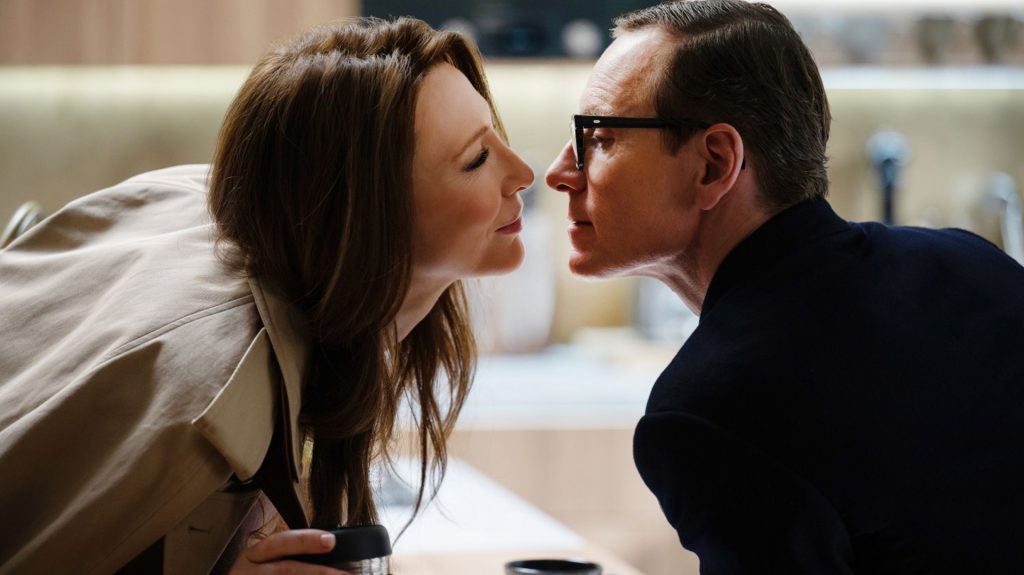 “I was the one who fought for Cate,” Elizabeth director Shekhar Kapur told The Guardian in 1998. “I wanted to make a contemporary film that is also historical, and Cate has an amazing face; it’s almost translucent. You don’t quite know what age it belongs to. It belongs to then, it belongs to now. Her beauty is regal.”
“I was the one who fought for Cate,” Elizabeth director Shekhar Kapur told The Guardian in 1998. “I wanted to make a contemporary film that is also historical, and Cate has an amazing face; it’s almost translucent. You don’t quite know what age it belongs to. It belongs to then, it belongs to now. Her beauty is regal.”
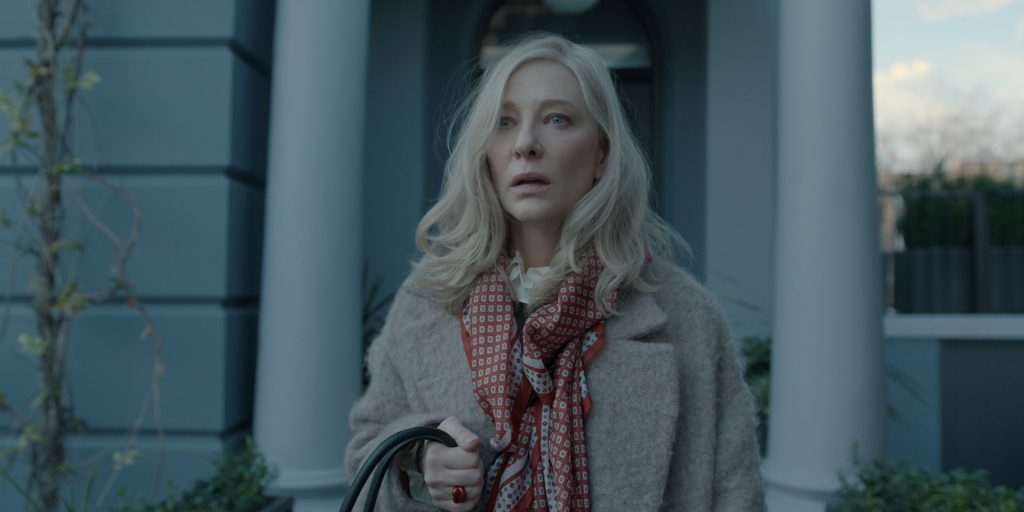
From there, Blanchett began the process of diversifying her acting career, expanding into such a wide variety of film genres that it’s become hard to keep track of everything she’s dabbled in over the years. Case in point: during the first five years of the new millennium, she appeared in the Lord of the Rings trilogy, teamed with Bruce Willis and Billy Bob Thornton for the action-comedy Bandits, appeared in a Jim Jarmusch flick (Coffee and Cigarettes), did a Ron Howard directed western with Tommy Lee Jones (The Missing), popped up in a quirky Wes Anderson film (The Life Aquatic with Steve Zissou), and played Katharine Hepburn in Martin Scorsese’s Howard Hughes biopic, The Aviator, a role that won her the Oscar for Best Supporting Actress.
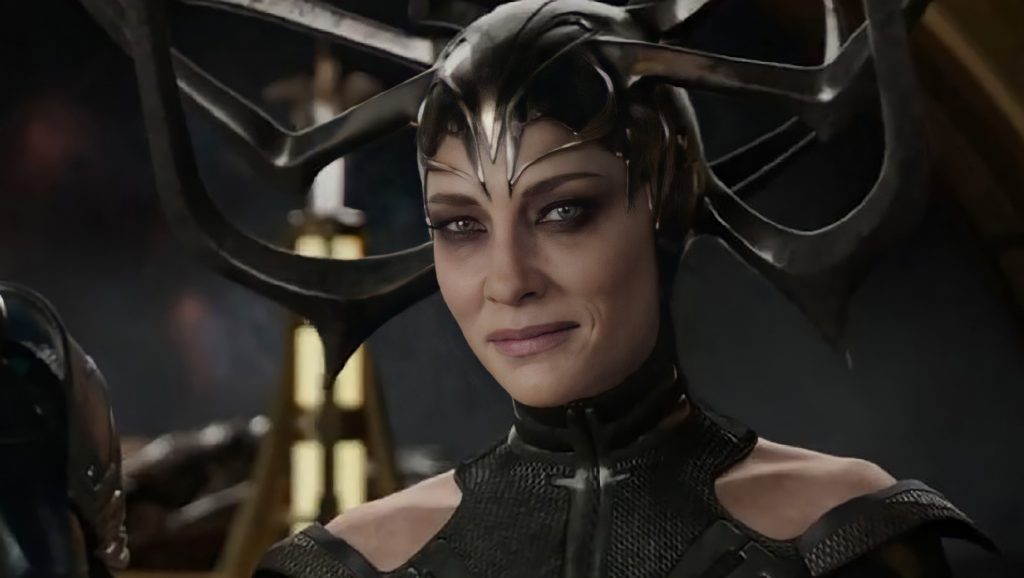
This is not, however, to suggest that everything Blanchett has done over the years is perfect.
“I think I probably keep working, in a way, to try and repair or make good for mistakes and missteps,” Blanchett told CBS News in 2022. And when the interviewer reminded her that she’d done some pretty spectacular performances up to that point in her career, she replied, “Oh, but I’ve also done a lot of garbage. For everything that you do, you think, ‘Oh, that was all right, but there’s five pieces of garbage that you put out into the world.’ I mean, you never know what’s going to work. And you also never know what’s going to connect with an audience.”
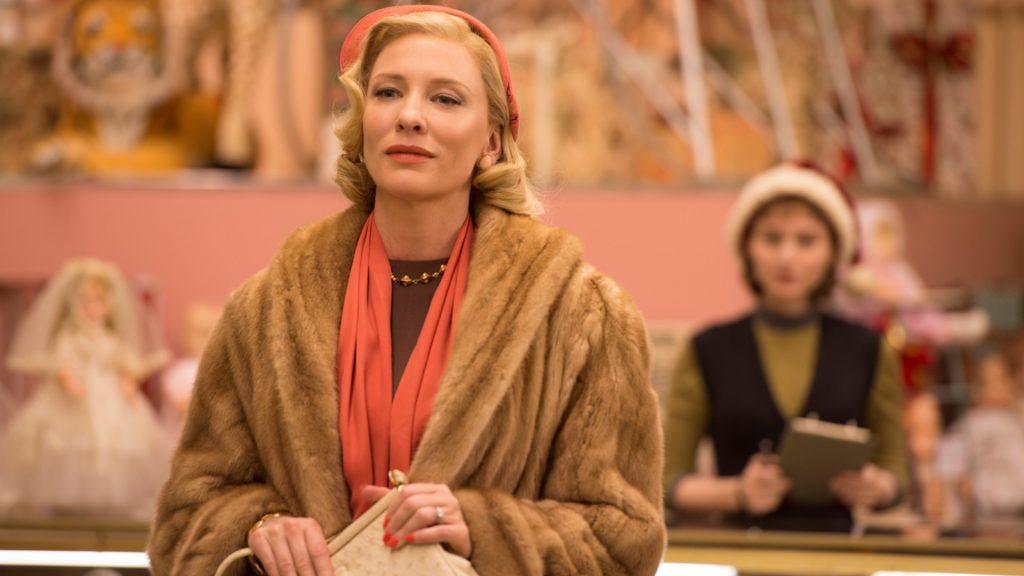
It’s worth mentioning, however, that by the time Blanchett had made that comment, she’d been nominated for four further Academy Awards two for Best Supporting Actress (in Notes on a Scandal and I’m Not There), two for Best Actress (Elizabeth: The Golden Age and Carol) – and had won her second Oscar (for Best Actress) for Blue Jasmine.
Oh, and the film Blanchett was promoting at the time of the interview? It was Tar, which scored her yet another Oscar nod for Best Actress.
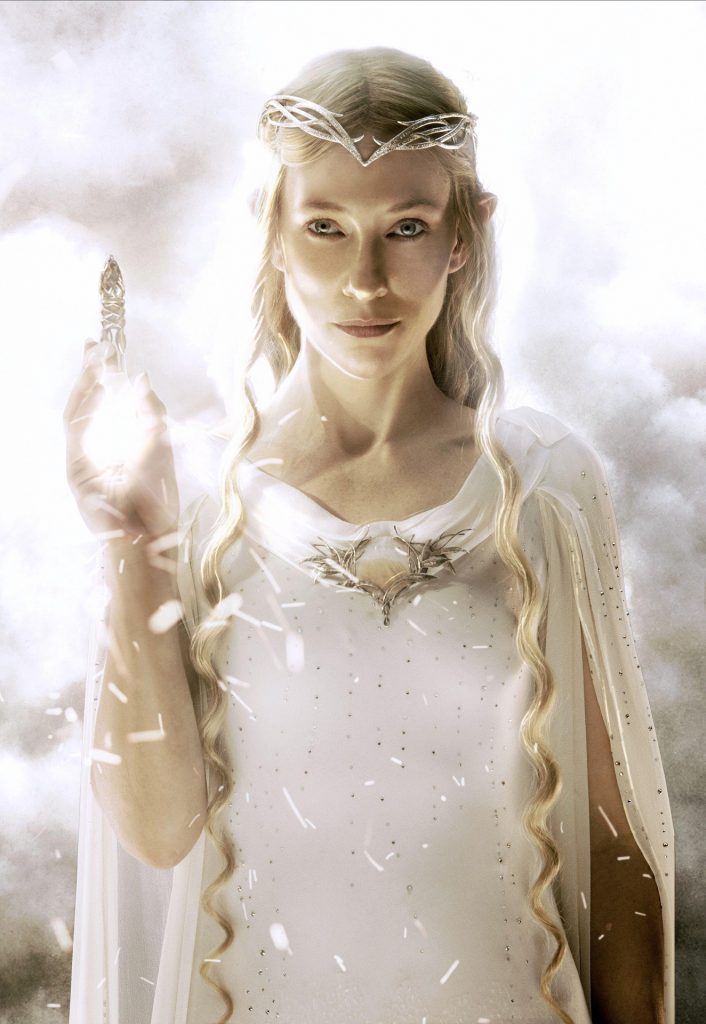
But, okay, in the interest of fairness, we’ll mention one of the pieces of “garbage,” too. Last year Blanchett starred in Borderlands, which proved to be one of the biggest box office flops in recent memory.
Having said that, by the time this issue hits stands, Blanchett will be well into repairing what, if any, damage was done to her reputation by having appeared in Borderlands, starring with Michael Fassbender in Steven Soderbergh’s new action thriller, Black Bag. It wasn’t Blanchett’s first time working with Soderbergh that took place on 2006’s The Good German – but it found her continuing her appreciation of him as a director.
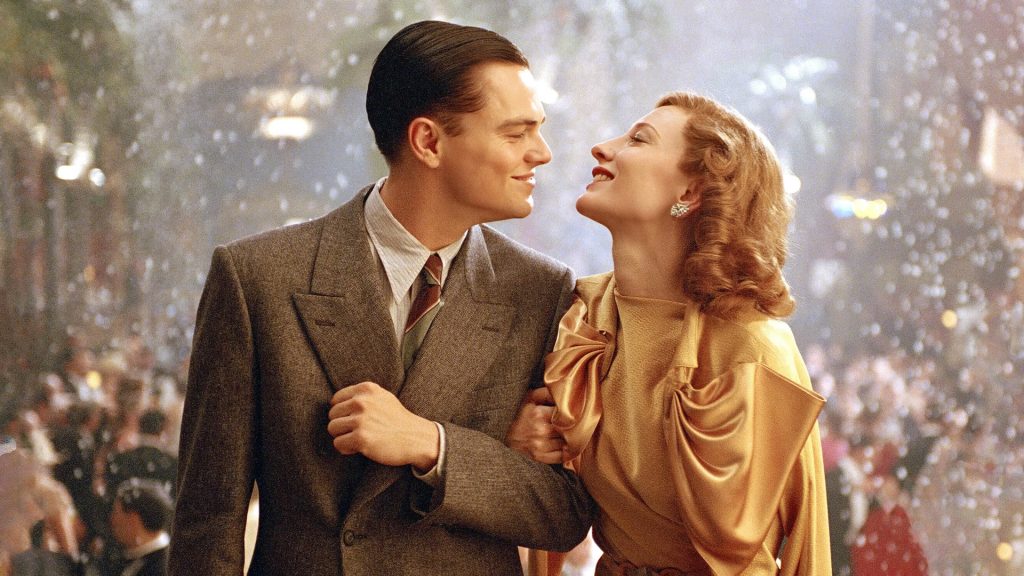
“He’s so economical and so relaxed while he gives time to people to do what they do,” Blanchett told Moviefone. “So he’s very respectful to every single department and grateful to every single department who are working towards making the movie great. What he doesn’t have any truck for is people who are lazy and unprepared. So he makes you really want to bring your best for him.”
Given that Black Bag is already being called one of the best films of 2025, it’s clear that Blanchett did just that.


